The ultimate back to school guide for Malaysian parents
by on 02/08/2025 ...

With Malaysian schools reopening soon, it’s time for families to start gearing up for the back-to-school season.
Beyond just shopping for supplies, it’s important for parents and guardians to ensure that their child is mentally, physically, and emotionally ready too.
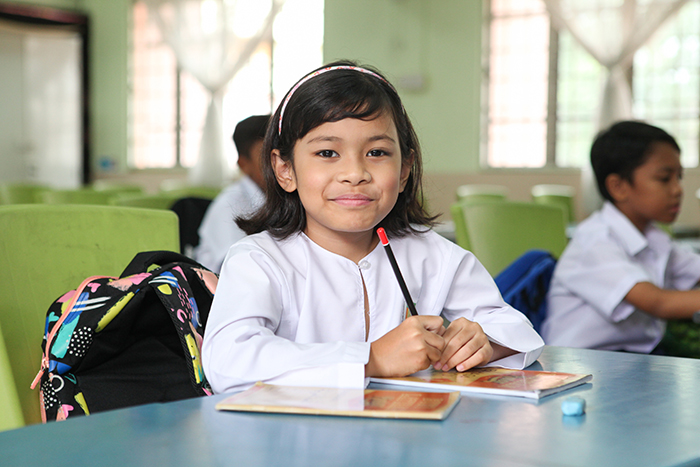
Here’s a checklist on what to prepare, and how to ensure your child enjoys a smooth transition, whether it’s moving from kindergarten to primary school, or advancing to another school year.
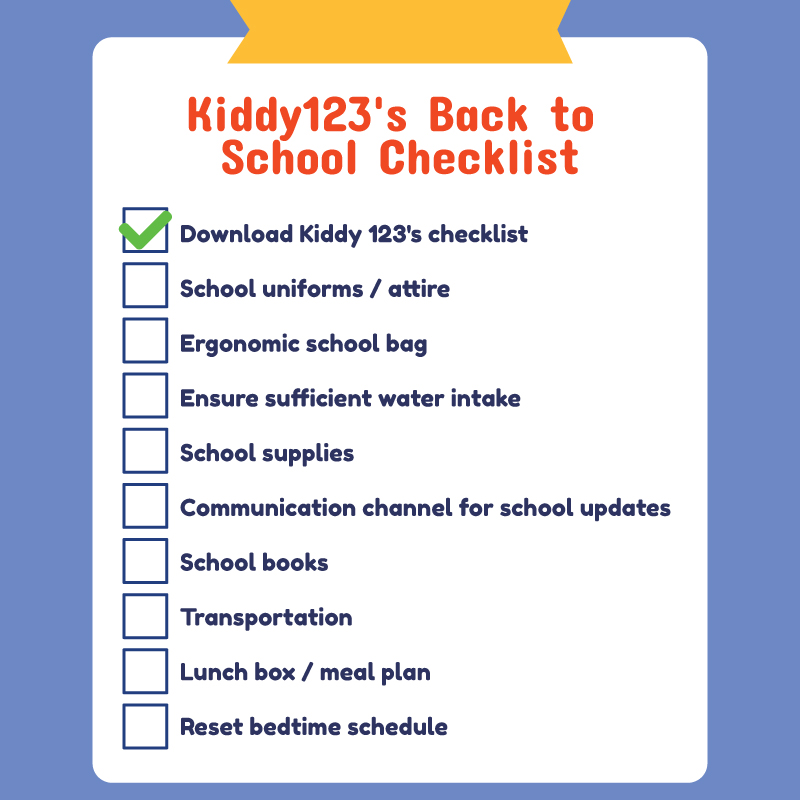
Ready school uniforms and attire
Starting from the 2024/2025 academic year, Malaysian school students will no longer be required to wear uniforms for the entire week, as announced by Malaysian Education Minister Fadhlina Sidek.
Instead, they will only need to wear uniforms twice a week, sports attire for two days, and extracurricular attire for one day, with schools given autonomy to decide on the days these dress codes will be implemented.
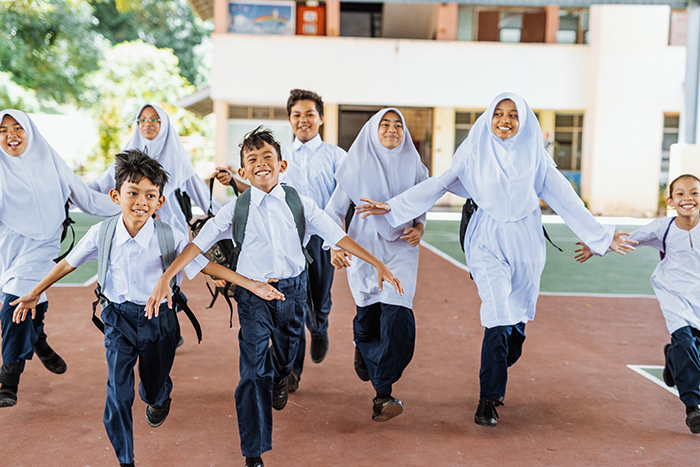
Having two pairs of uniforms, sports attire, and school shoes should suffice, but for parents who can afford it, an extra set always comes in handy.
Since your child is growing at a rapid pace, consider clothing or shoes that provide room to grow into, so you won’t need to replace them as often.
For sports attire, breathable materials such as nylon and bamboo fibre have moisture-wicking and cooling properties, so they are a more comfortable choice for Malaysian weather.
Pick an ergonomic school bag
A school bag is one of the most important possessions your child will have in school. Not only are they crucial for carrying books and supplies, they’re also a way for your child to showcase their personality and even make friends with other children who have similar interests.
Picking out a design together can be a wonderful bonding activity for parent and child, but it’s also important to consider factors such as durability, functionality, and comfort.
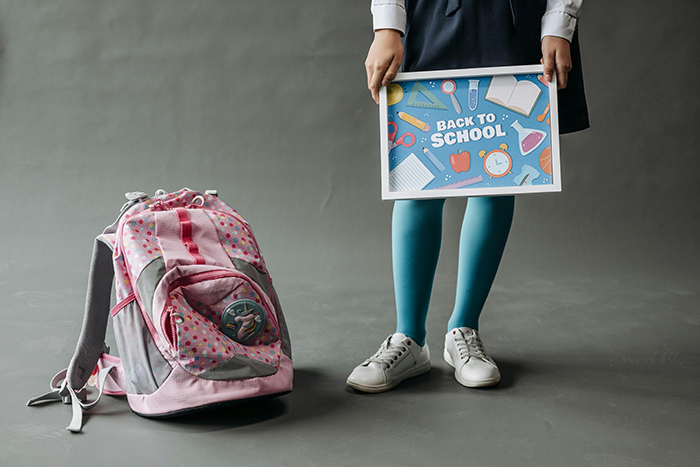
The issue of heavy school bags has been hotly debated for years. While steps have been taken by the Education Ministry to remedy this, such as installing lockers in school, a study published in the Malaysian Journal of Public Health Medicine still found that over 70 percent of pupils surveyed carried bags more than 10 percent of their body weight.
To ease the physical burden on your child, parents should look for designs with ergonomic features that distribute weight evenly across the shoulders, neck, and back. Trolley bags are a good alternative.
Compartments are good to have as well, as they allow your child to organise and retrieve their items easily.
Ensure a healthy water intake
The Ministry of Health Malaysia recommends drinking six to eight glasses of water per day for children and youths aged between four to eighteen years old.
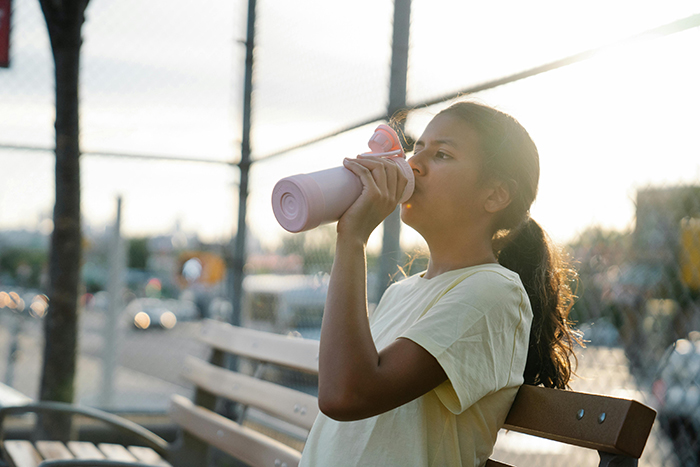
It’s common practice for teachers in preschool to remind pupils to drink water. Older children are expected to be more independent–but with all the excitement at school, chances are they’ll get distracted and forget.
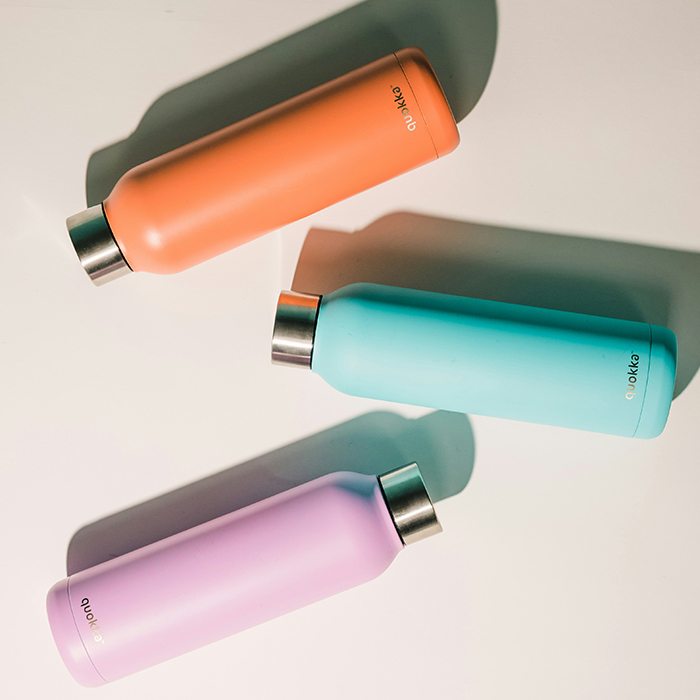
Make drinking water fun by having your child pick out their favourite bottle design, such as ones featuring their favourite show or character, or even those with quirky mechanisms (such as popping straws).
Adding flavour to plain water by infusing it with lemon, cucumber, lime, or mint leaves is another way to spice things up.
Help keep their school supplies organised
Many parents have undergone the rite of passage of having their child lose things at school–think forgotten lunch boxes, misplaced books and water bottles, sometimes even entire backpacks.
Instilling a sense of responsibility and routine when it comes to organising their belongings can help minimise these occurrences.
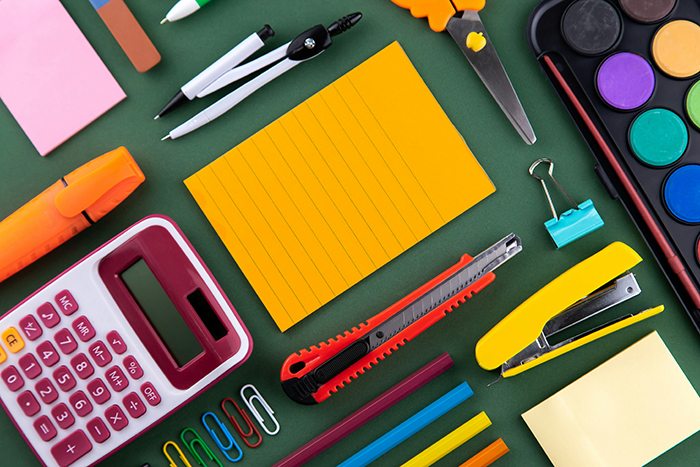
Make packing for school a fun “project” that both parent and child can do together. Instead of doing it for your child, create a consistent routine, such as packing books they need for school the next day before they go to sleep, or placing their stationery in a specific compartment.
Having a planner or calendar in your child’s room, so they can go through the checklist as they pack, can also be a helpful tool.
Establish open lines of communication
Going back to school can be stressful for some children, so offer emotional support and reassurance, and encourage open dialogue about any concerns they may have.
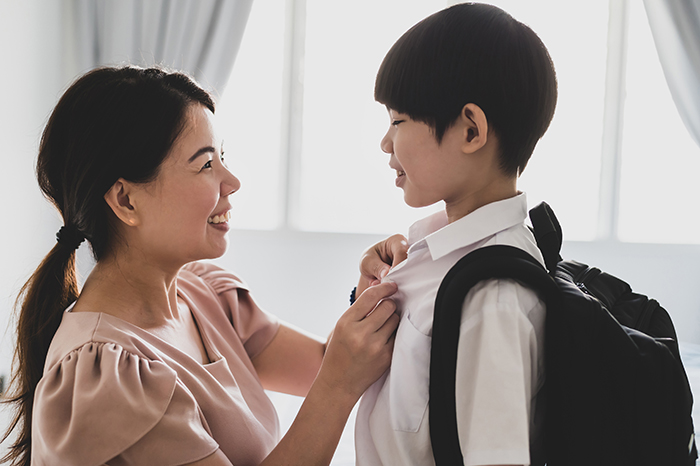
Since they will be spending a significant portion of their time in school, it’s important to keep updated on their progress.
Orientation sessions and parent-teacher meetings are a good opportunity to meet teachers in person and establish rapport.
Many schools today also have group chats to ease communication between parents, and teachers, so you can stay updated on any school announcements or happenings.
Get the right books
Children attending public schools can get most of their textbooks on loan via the Skim Pinjaman Buku Teks (SPBT).
However, some parents may wish to purchase additional ones if the set received is in poor condition. Others may want to keep extra copies at home to help lighten their child’s bag load. Major bookstores like Popular and MPH will usually carry textbooks for the SK, SJK, and SMK syllabus.
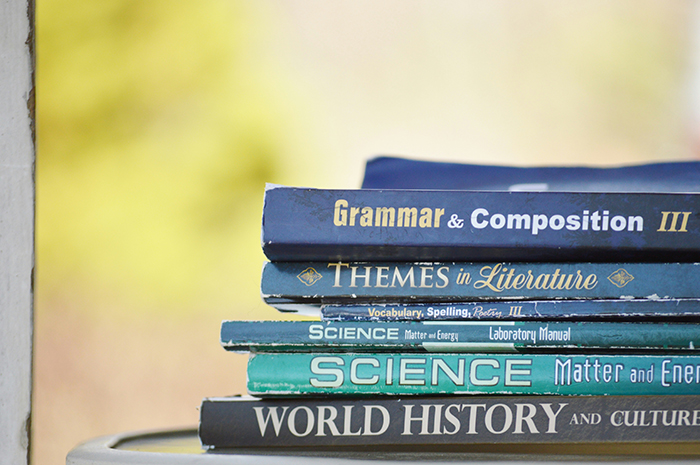
Private schools may have their own textbooks and supplementary materials. Specialty bookstores such as Mehraj Books and University Bookstore Malaysia carry textbooks, workbooks, and revision books for the international school curriculum.
Call ahead to make sure that the materials you need are in stock. It’s best to check with the school for the list of required books to avoid any last-minute rush.
Arrange for transportation
If your child is commuting to school via public transportation or a school bus, ensure arrangements are made in advance.
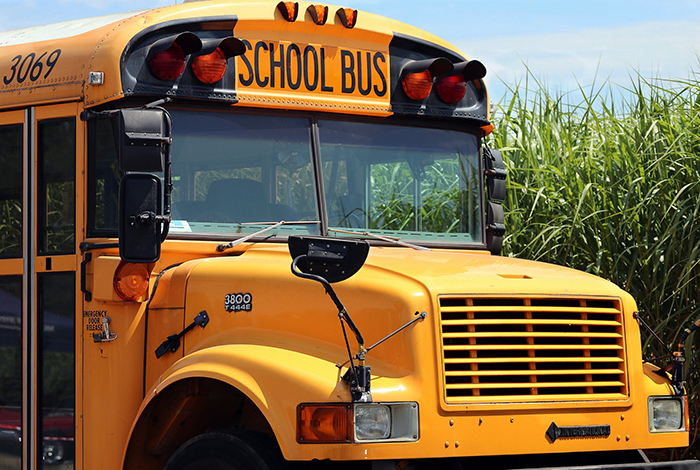
Some schools like the Australian International School Malaysia and Nexus International School offer their own transportation services, subject to area.
Familiarise yourself and your child with the routes, and make sure they know where to go or who to contact in case of a change in schedule.
Ensure their daily nutritional needs are met
Consider whether your child will bring a packed lunch from home, or if you can subscribe to a meal plan offered by the school.
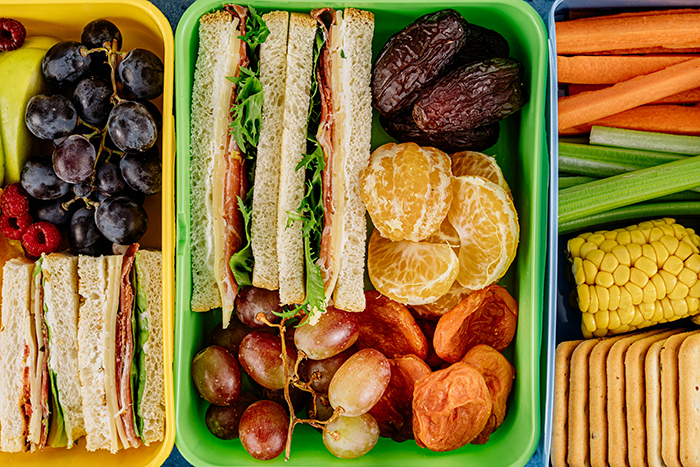
For the former, you can involve your child in the meal planning process to ensure they have nutritious and appealing options. If opting for the school’s meal plan, inquire about menu options available and any dietary restrictions.
Reset their bedtime schedule
It’s normal for rules to be more relaxed over the holidays, so allow some time for your child to ease back into the school routine by gradually adjusting their sleep and wake-up times, preferably at least two weeks before the new term begins.
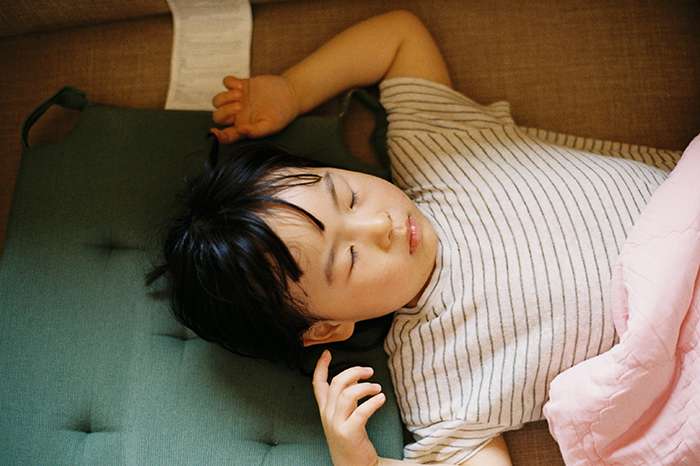
Experts recommend shifting bedtime 15 minutes earlier each night and wake time 15 minutes earlier each morning. Screen time or stimulating activities should also be restricted an hour to 30 minutes before bed.
This way, your child will be well-rested for their first day, and ready to take on a whole new school year!
































